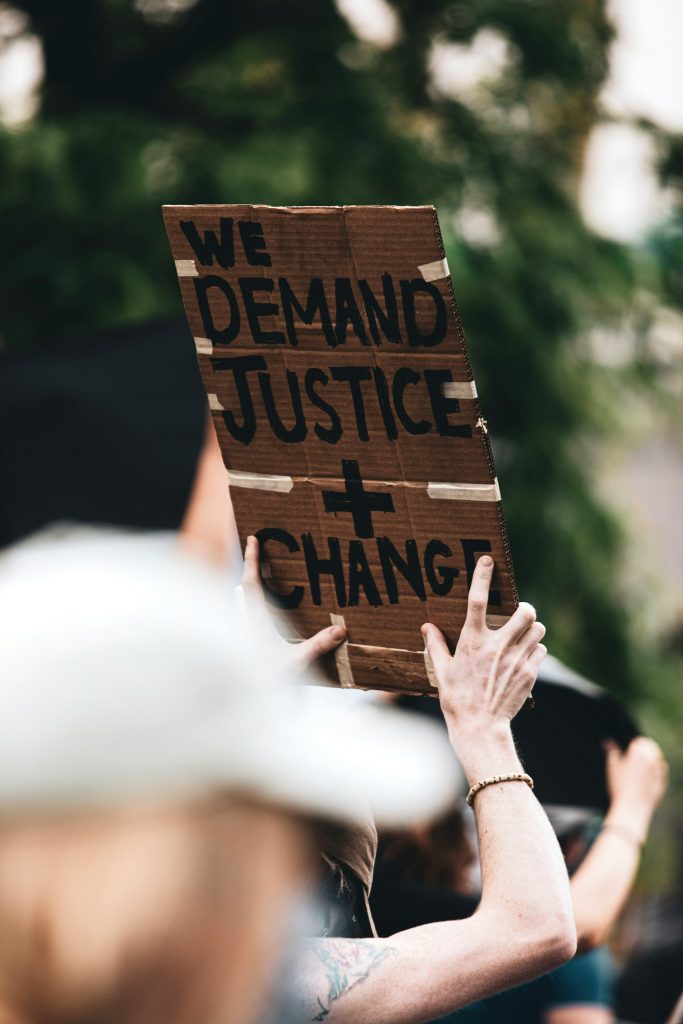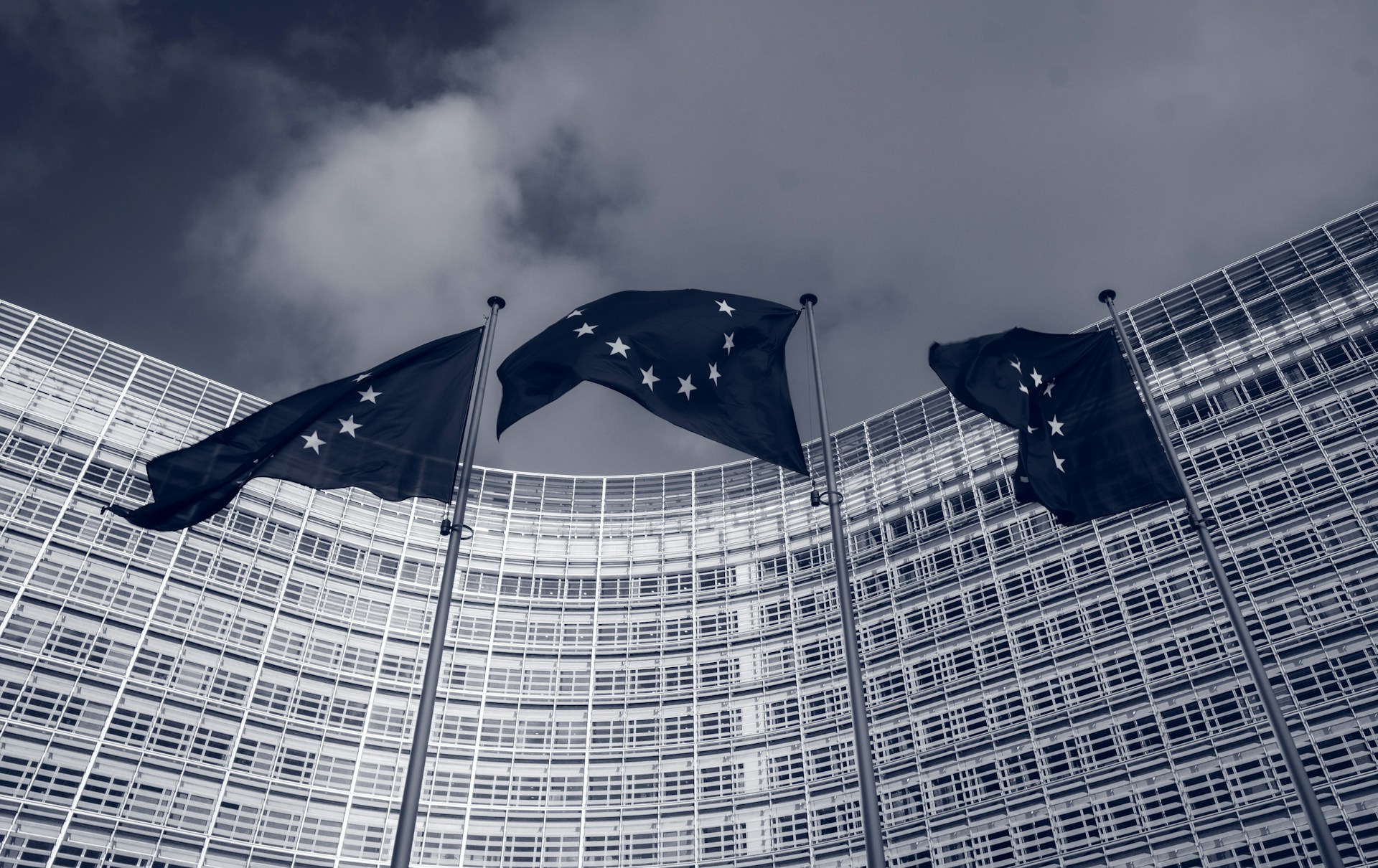
Josephine Preißler
Fundraising Specialist and Research Fellow
The EU likes to present itself as a bastion of justice, committed to protecting the fundamental rights of all its citizens.  Yet, accessing the Court of Justice of the European Union (CJEU), the EU’s high court, is far from easy for groups seeking justice.  
A key strategy through which civil society actors can plead for justice is strategic litigation, where legal actions are used to drive structural changes by winning favorable court decisions. However, the tricky Plaumann test makes it nearly impossible for third parties to get involved in CJEU proceedings. This test requires challengers to prove that policies directly and personally impact them, a difficult criterion for organisations to meet.  
As a result, NGOs often must go through national courts for an indirect review, known as the preliminary reference procedure. It defines a type of supranational judicial oversight by the CJEU that can suspend national policies and set precedents affecting all Member States. But even this route is challenging as it depends on national judges to refer cases to the CJEU. While requests can be made, it’s up to the judge to decide whether to refer a case or not. Collective actors, like NGOs, can only participate if they were part of the original national proceedings. ¬†
Moreover, Member States have significant control over how easily these groups can get involved in fundamental rights cases, leading to varying levels of access to the CJEU across different countries. This uneven access for strategic litigators to national courts, and consequently to the CJEU, is far from ideal.  

Still, the impact of the preliminary reference procedure and the positive role of collective actors in strategic litigation is seen in cases like N.S. and M.E., a very impactful case in the field of migration.  Driven by civil society organisations, the proceedings involved asylum seekers set to be returned to Greece by the UK and Ireland, despite the potential violation of fundamental rights awaiting them in Greece. The substantial involvement of civil society organisations stemmed not from a CJEU decision, but from NGOs’ participation in the domestic proceedings with big names like Amnesty International, the AIRE Centre (Advice on Individual Rights in Europe) and UNHCR. This underscores the necessity for NGOs to engage early in the process, which requires considerable resources to identify relevant cases.   
Due to the potential impacts of a CJEU ruling, some Member States might even try to avoid starting a preliminary reference procedure to dodge potentially unfavourable rulings. This is demonstrated in the Imran case in the Netherlands, where the Dutch Ministry of Justice quickly issued a residence permit to a migrant to avoid a likely unfavourable ruling on migration policy from the CJEU.  
If collective actors want to influence the CJEU, their best bet is to get involved in national legal proceedings from the start.
These cases highlight how an adverse ruling can affect Member States’ policies that infringe on human rights and show how eager governments are to avoid having their national policies suspended. Therefore, if collective actors want to influence the CJEU, their best bet is to get involved in national legal proceedings from the start to increase their chances of eventually accessing justice through the CJEU. Though this route might be cumbersome and challenging, as the N.S. and M.E case demonstrates, it can set powerful precedents impacting the human rights of vulnerable populations beyond one Member State. ¬†
Still, the CJEU’s procedural hurdles prevent collective actors from effectively using strategic litigation to its fullest potential. It would be desirable to have a minimum European standard, ensuring collective actors can participate in fundamental rights litigation, battling for better human right protections for all. 



